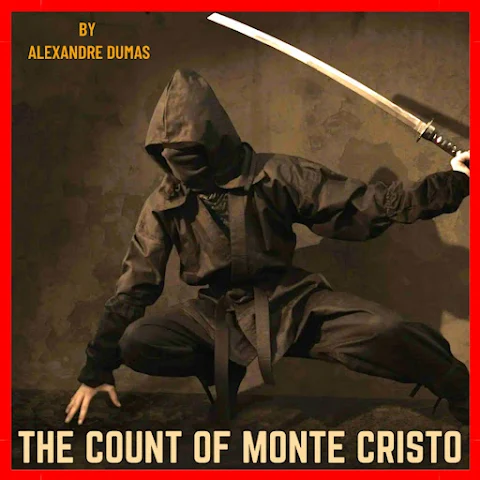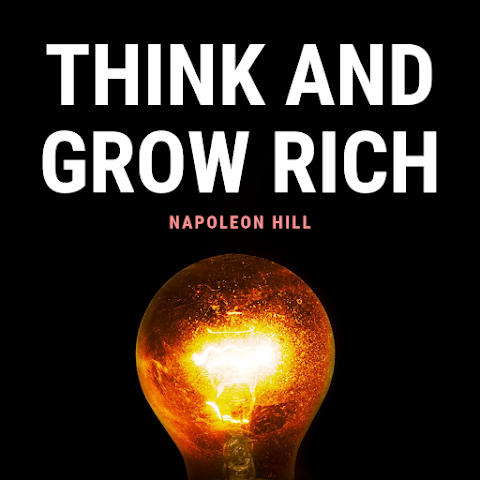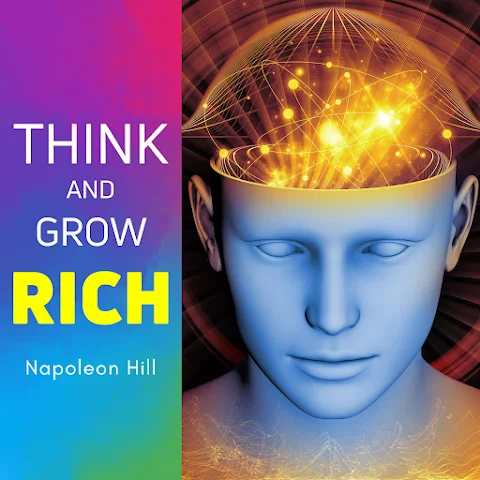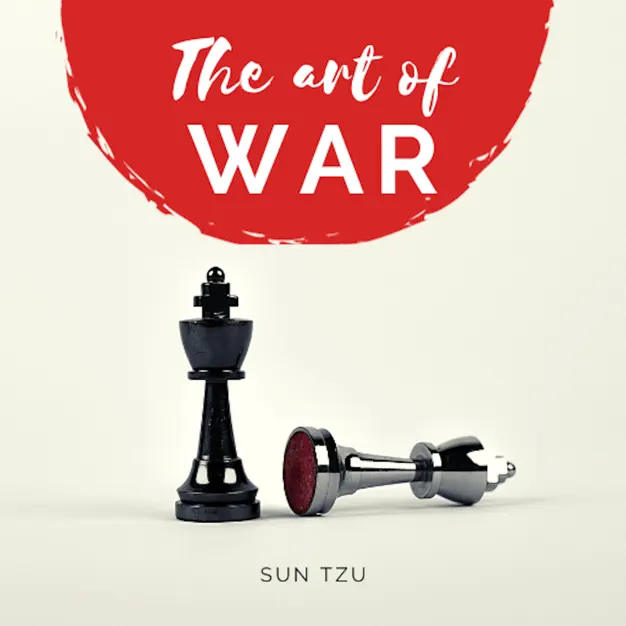Introduction
The Count of Monte Cristo presents one of literature's most complex webs of character relationships. This analysis explores how these intricate connections drive the narrative and contribute to the themes of revenge, love, and redemption.
Listen to the Original Story:
Listen on SpotifyCore Relationships: The Foundation of Character Development
Central Connections and Psychological Evolution
The intricate web of relationships in The Count of Monte Cristo forms the foundation of its narrative power. These connections, both positive and negative, drive character development and plot progression throughout the novel. Each relationship serves as a catalyst for psychological growth, moral development, and personal transformation of the characters involved.
The Psychology of Character Connections
Understanding the psychological depth of these relationships helps readers grasp the complex motivations and emotional journeys of each character. The novel demonstrates how relationships shape identity, influence decision-making, and ultimately determine the course of one's life through:
- Emotional Bonds and Their Impact
- Formation of core beliefs and values
- Development of trust and betrayal patterns
- Impact on self-perception and identity
- Role in personal growth and transformation
- Psychological Development Through Interaction
- Learning from relationship experiences
- Adaptation to changing dynamics
- Development of emotional intelligence
- Growth through conflict resolution
Dantès and His Past: A Study in Psychological Transformation
The relationship between Dantès and his past, particularly through his connection with Mercédès, represents a complex psychological journey that shapes his character development. This transformation occurs through several distinct stages, each contributing to his evolution as a character.
- The Mercédès Connection: Stages of Emotional Evolution
- Initial Innocence
- Pure romantic love in youth - characterized by uncomplicated joy and trust
- Deep emotional attachment formed through shared experiences
- Trust and shared dreams creating a foundation for future expectations
- Naive belief in the permanence of happiness and love
- Trauma and Separation
- Psychological impact of betrayal and loss
- Development of defense mechanisms
- Formation of revenge motivation
- Transformation of love into complex emotions
- Mature Understanding
- Integration of past and present perspectives
- Development of emotional complexity
- Recognition of human fallibility
- Achievement of psychological resolution
- Initial Innocence
- Paternal Bond
- Unconditional father's love
- Responsibility and duty
- Impact of absence
- Tragic consequences
- Morrel's Loyalty
- Professional mentorship
- Mutual respect and trust
- Business relationship
- Lasting impact
- Early Friendship Network
- Community connections
- Social support system
- Trust dynamics
- Lost innocence
The Betrayal Network: A Psychological Study of Human Nature
The complex web of betrayal that leads to Dantès' imprisonment serves as a profound psychological study of human nature. This network demonstrates how personal ambition, jealousy, and opportunism can corrupt human relationships, while also revealing the psychological mechanisms that drive betrayal and its lasting impact on both perpetrators and victims.
Understanding the psychology of betrayal in the novel helps readers grasp the complexity of human motivation and the intricate ways in which character flaws lead to moral compromise:
Psychological Dimensions of Betrayal
- Motivation and Rationalization
- Personal ambition as a driving force
- Self-justification mechanisms
- Moral disengagement processes
- Role of fear and insecurity
- Impact on Character Development
- Formation of trust issues
- Development of defensive behaviors
- Evolution of moral perspectives
- Long-term psychological effects
- Fernand Mondego's Psychological Descent
- Origins of Corruption
- Initial romantic jealousy as catalyst
- Deep-seated insecurity and ambition
- Military career as escape mechanism
- Development of opportunistic mindset
- Progressive Moral Deterioration
- Rationalization of betrayal
- Increasing comfort with deception
- Development of grandiose self-image
- Loss of moral boundaries
- Impact on Relationships
- Manipulation of Mercédès's vulnerability
- Facade of respectability in society
- Distance from authentic connections
- Destruction of family bonds
- Psychological Consequences
- Paranoia and fear of exposure
- Internal conflict and guilt
- Collapse of constructed identity
- Final confrontation with truth
- Origins of Corruption
- Danglars' Systematic Scheming
- Professional rivalry
- Financial motivation
- Calculated plotting
- Psychological manipulation
- Villefort's Corrupt Choice
- Career ambition
- Political expediency
- Moral compromise
- Ripple effects
- Caderousse's Complex Role
- Passive participation
- Moral weakness
- Opportunistic behavior
- Guilt and consequences
Family Dynamics
Generational Ties and Family Legacy
The novel explores how family relationships shape character development and how the sins of one generation impact the next. These complex family dynamics reveal deeper truths about inheritance, responsibility, and redemption.
The Morcerf Family Saga
- Albert's Journey of Discovery
- Coming of age narrative
- Identity crisis and resolution
- Moral awakening
- Relationship with truth
- Mercédès' Maternal Evolution
- Protection versus truth
- Love's sacrificial nature
- Moral courage development
- Redemptive choices
- Fernand's Destructive Legacy
- Impact of past crimes
- Honor versus reality
- Family reputation
- Generational consequences
- Family Honor and Truth
- Social expectations
- Personal integrity
- Public versus private truth
- Legacy of choices
The Villefort Dynasty's Complexities
- Valentine's Challenging Position
- Family duty versus personal happiness
- Relationship with father
- Grandfather's protection
- Romance amid tragedy
- Noirtier's Pivotal Influence
- Moral compass role
- Protection of Valentine
- Silent power dynamics
- Family justice
- Madame de Villefort's Descent
- Maternal ambition
- Psychological deterioration
- Family destruction
- Ultimate choices
- Édouard's Tragic Fate
- Innocent victim
- Parental sacrifice
- Family violence
- Legacy of ambition
Romantic Connections
Love's Transformative Power
The romantic relationships in The Count of Monte Cristo serve as powerful catalysts for character development and moral transformation. These connections reveal the complex interplay between love, loyalty, and personal growth.
Past Romance: The Shadow of Lost Love
- Dantès and Mercédès: A Love Interrupted
- Initial pure romance
- Impact of separation
- Evolution of feelings
- Final reconciliation
- The Cost of Lost Opportunities
- What might have been
- Impact on life choices
- Psychological effects
- Lasting regrets
- Emotional Legacy
- Lingering attachment
- Memory's influence
- Impact on new relationships
- Healing process
- Relationship Evolution
- From lovers to strangers
- Understanding and forgiveness
- Mature perspective
- Final peace
New Connections: Hope and Renewal
- Maximilian and Valentine: Pure Love
- Youthful devotion
- Obstacles overcome
- Faith tested
- Ultimate reward
- Albert's Romantic Journey
- Social expectations
- Personal growth
- True connection search
- Maturity development
- Eugénie's Independent Path
- Rejection of convention
- Personal freedom priority
- Artistic passion
- Self-determined future
- Haydée's Transformative Love
- Devotion and gratitude
- Healing presence
- Unconditional acceptance
- Future promise
Power Dynamics and Social Hierarchies
The Complex Web of Authority and Influence
The intricate power relationships in The Count of Monte Cristo reflect the complex social hierarchies of 19th-century French society, while also exploring universal themes of authority, influence, and social mobility.
Class Relations and Social Mobility
- Vertical Movement
- Social climbing strategies
- Wealth as transformation tool
- Education's role in advancement
- Marriage as social elevator
- Status Dynamics
- Old versus new money
- Aristocratic prejudices
- Merit versus inheritance
- Reputation management
- Power Transitions
- Rise and fall patterns
- Generational shifts
- Fortune's influence
- Status volatility
Political and Social Networks
- Government Connections
- Administrative influence
- Judicial system manipulation
- Military hierarchy impact
- Political patronage
- Social Alliances
- Strategic friendships
- Business partnerships
- Marriage alliances
- Family connections
- Information Networks
- Intelligence gathering
- Rumor management
- Secret keeping
- Strategic revelation
Economic Power Relations
- Financial Control
- Banking influence
- Investment power
- Credit manipulation
- Wealth leverage
- Business Networks
- Commercial alliances
- Trade relationships
- Market manipulation
- Economic warfare
- Resource Control
- Property ownership
- Asset management
- Resource distribution
- Wealth concentration
Mentor Relationships and Personal Transformation
The Power of Guidance and Education
Mentorship plays a crucial role in The Count of Monte Cristo, serving as a catalyst for personal growth, intellectual development, and moral transformation. These relationships demonstrate the profound impact of wisdom shared between generations.
Prison Mentorship: The Abbé Faria Legacy
- Educational Impact
- Intellectual awakening
- Language acquisition
- Cultural knowledge transfer
- Scientific understanding
- Spiritual Development
- Moral philosophy discussions
- Faith exploration
- Purpose discovery
- Ethical framework building
- Life Wisdom
- Strategic thinking development
- Human nature insights
- Survival skills
- Psychological resilience
- Lasting Influence
- Memory preservation
- Legacy continuation
- Value transmission
- Inspirational impact
Monte Cristo as Mentor
- Guidance Style
- Indirect teaching methods
- Experience-based learning
- Moral lesson delivery
- Character testing
- Student Relationships
- Albert's moral education
- Maximilian's emotional growth
- Haydée's development
- Youth guidance
- Teaching Methods
- Life experience sharing
- Practical demonstrations
- Philosophical discussions
- Character building
Transformative Impacts
- Personal Growth
- Character development
- Worldview expansion
- Moral understanding
- Self-discovery
- Social Development
- Relationship understanding
- Social navigation skills
- Cultural awareness
- Network building
- Legacy Creation
- Value transmission
- Knowledge preservation
- Wisdom sharing
- Future influence
Impact on Plot Development and Narrative Structure
The Intricate Web of Relationships as Plot Driver
The complex network of relationships in The Count of Monte Cristo serves as the primary engine driving the plot forward. Each connection, whether positive or negative, creates ripples that affect multiple storylines and character arcs throughout the narrative.
Key Plot Mechanisms
- Story Architecture
- Relationship-driven plot progression
- Interconnected character destinies
- Multi-generational consequences
- Parallel narrative development
- Conflict Generation
- Personal rivalries and vendettas
- Family legacy disputes
- Love triangles and romantic tension
- Social class confrontations
- Resolution Pathways
- Redemption through relationship healing
- Justice achieved via betrayal exposure
- Reconciliation opportunities
- Character growth catalysts
Thematic Development Through Relationships
- Revenge and Justice
- Personal vendetta motivations
- Moral complexity of revenge
- Collateral damage effects
- Justice versus forgiveness tension
- Love and Betrayal
- Trust's transformative power
- Loyalty's lasting impact
- Betrayal's generational effects
- Redemption through love
- Power and Social Class
- Relationship influence on status
- Social mobility dynamics
- Power balance shifts
- Class barrier navigation
Narrative Techniques and Structure
- Pacing Elements
- Relationship reveal timing
- Secret identity discoveries
- Plot twist preparation
- Dramatic tension building
- Story Complexity
- Interweaving relationship threads
- Multiple perspective integration
- Subplot development
- Theme reinforcement
- Dramatic Impact
- Emotional resonance creation
- Character sympathy building
- Moral dilemma exploration
- Resolution satisfaction
Conclusion: The Tapestry of Human Connection
The intricate web of relationships in The Count of Monte Cristo serves as more than just a narrative framework; it forms the very heart and soul of this timeless masterpiece. Through these carefully crafted connections, Dumas weaves a complex tapestry that illuminates the fundamental nature of human interaction, demonstrating how our relationships shape our destinies and define our character.
From the transformative mentor-student bond between Abbé Faria and Dantès to the complex romantic entanglements that drive the plot, each relationship adds depth and nuance to the story's exploration of revenge, justice, love, and redemption. The novel's enduring appeal lies in its profound understanding of how human connections can both destroy and heal, imprison and liberate.
These relationships transcend their 19th-century setting to speak universal truths about loyalty, betrayal, and the power of human connection. Whether examining the corruption of power, the persistence of love, or the possibility of redemption, the novel's relationship dynamics continue to resonate with modern readers, offering timeless insights into the complexities of human nature and the transformative power of human bonds.



